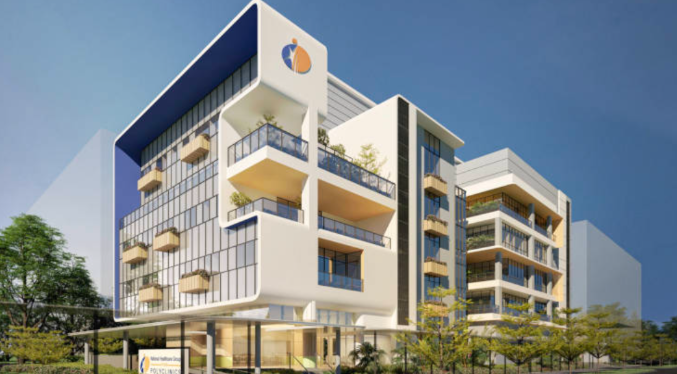Healthcare Infrastructure Projects Hit by Supply Chain and Workforce Issues
SINGAPORE: The opening of two new polyclinics in Sembawang and Khatib has been delayed by a year due to ongoing supply chain disruptions and workforce shortages in the construction sector. Health Minister Ong Ye Kung announced in a written parliamentary response on Monday, November 28, that Sembawang Polyclinic will now open in 2023, while Khatib Polyclinic is scheduled for 2024.
Additionally, the redevelopment of Jurong Polyclinic, which includes the construction of a new nursing home, has faced a delay of two years, with the project now expected to be completed in 2027. The new National Skin Centre (NSC) building has also been impacted, with its completion now set for 2023, a delay from the original 2022 timeline. During this period, the NSC will continue its operations at the existing centre until the new building is ready.
The Sembawang Polyclinic is part of the Bukit Canberra integrated hub and was initially slated to open in 2022. It will be conveniently located near Sembawang MRT station. Similarly, Khatib Polyclinic will be situated next to Khatib MRT station, fulfilling a long-awaited promise to improve healthcare access in the area.
The delay is particularly notable for residents in Yishun, where the only polyclinic in the area, Yishun Polyclinic, has seen increasing demand. The Ministry of Health (MOH) reported that Yishun Polyclinic had the second-highest median waiting time in September among the 23 polyclinics in Singapore.
MOH has plans to expand the country’s network of polyclinics, aiming for 32 facilities in total. As part of this initiative, the Jurong Polyclinic will be relocating to a new site, which is expected to be ready by 2025 and will be twice the size of the current facility. To prevent service disruptions, the existing polyclinic will continue operations until the new location is ready.
The new NSC building, which will be 10 storeys tall with two basement levels, will increase the centre’s capacity by 50%, from 46 to 69 consultation rooms, further improving service delivery to patients.








